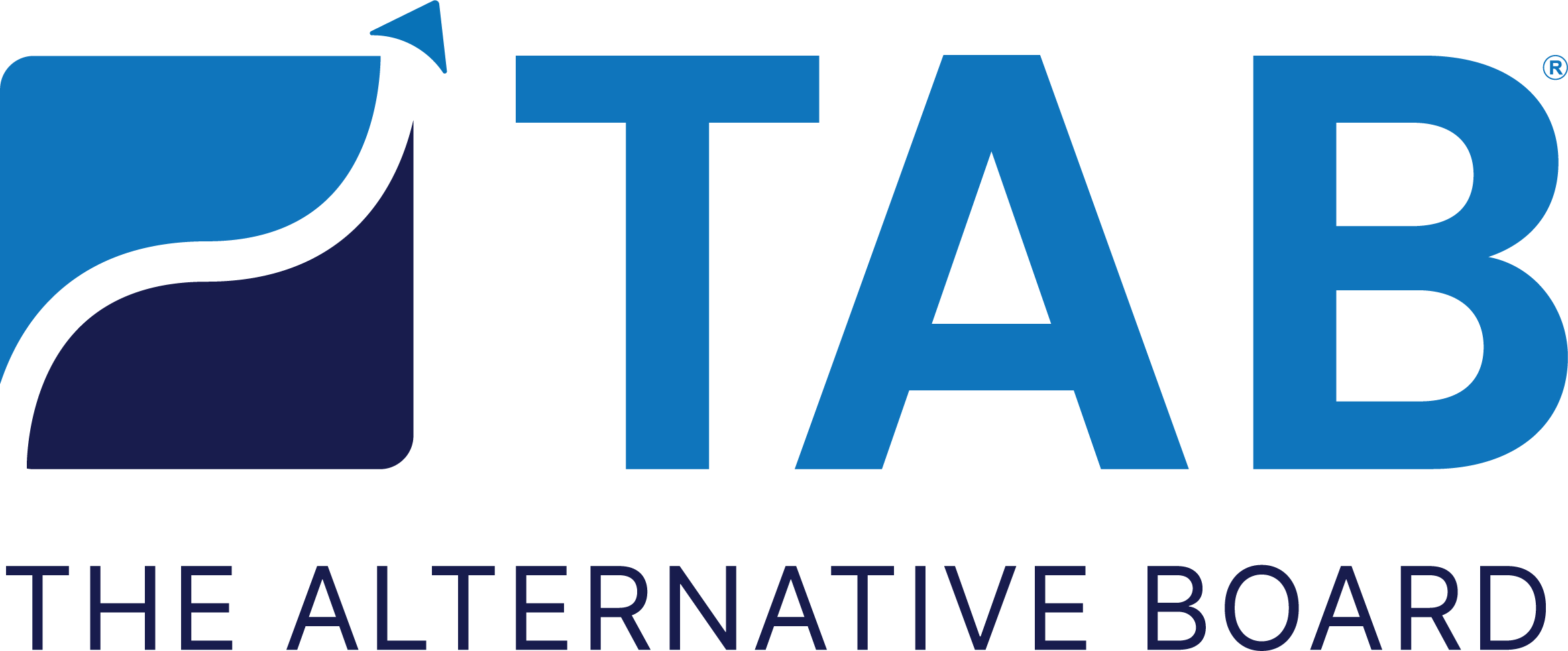The Most Common Ethics Mistakes Made by Business Leaders
Most business leaders regard themselves as ethical individuals, particularly when it comes to running a business that values integrity above all else. At the same time, even the most conscientious CEO or business owner can sometimes fall prey to common business ethics missteps.
That’s why maintaining awareness of potential ethical mistakes and rectifying any that come up is so crucially important. “Leaders who choose to do what’s right in the face of mistakes lay the foundation for future success,” notes Andrew Gonzales, a Hazard Mitigation Specialist, adding that leadership “is not defined by the absence of mistakes but by how leaders respond to them.”
Conversely, when leaders fall short of ethical behavior (and do nothing about it), the organizational effects can be dire. Employees are quick to tell if the leader “walks the walk,” and if not, they may feel they, too, are above any consequences of misconduct. This can result in diminished morale, a drop in retention, and an unwelcome reputation as a company flirting with unethical behavior.
What ethics mistakes appear most commonly among business leaders?
Failure to be accountable.
Some businesses inadvertently lay the groundwork for unethical conduct when they fail to establish mechanisms of accountability. Effective leaders understand that accountability begins at the top and sets the tone for the entire organization.
By contrast, insecure leaders will rush to judgment when something goes wrong. They resort to finger-pointing or even terminating someone to deflect blame from themselves. But “placing blame is fruitless and only serves to dampen morale and productivity” throughout the company.
Lack of awareness of harassment or discrimination.
Every employee is entitled to serve in a workplace free of harassment or discrimination. Unfortunately, business leaders who let incidents of harassment occur without consequences set the tone for an unruly and untenable workplace.
Every business leader should be responsible for doing all in their power to establish a workplace environment free of sexual, verbal, or physical abuse. The “zero-tolerance standard” is of critical importance and should be applied across the board.
Similarly, when it comes to preventing discriminatory practices, leaders should “focus on making employees and managers aware of workplace discrimination, so they can help hold anyone discriminating accountable,” notes Indeed. In this context, discrimination can include any action that “shows favoritism toward certain groups and avoids or downplays others.”
Disregard complaints or reports of adverse behavior.
Unethical conduct “is often like an infection,” notes Ethical Advocate. “When other employees see that a rule-breaker has gone unpunished, they’ll begin breaking the rules as well.” No organization can thrive for long when this purposeful neglect of misbehavior is allowed to continue.
If an ethics investigation is called-for, make sure the individual or team handling the inquiry follows through to a conclusion. All too often, complaints filed with Human Resources or elsewhere are perceived to just fade away, without any clear action taken with respect to the original issue.
Failure to curb one’s emotions.
Business leaders are human, just like everyone else, and therefore susceptible to an emotional response to situations. But it’s vital that leaders figure out how to keep these emotions in check since outward displays (particularly of anger and fear) demonstrate poor leadership skills and a potential breakdown in ethical behavior.
“Leaders who are fearful or angry create cultures that will either reflect or react to their behaviors,” notes Executive Coach Christian Muntean. CEOs, business owners, and other top executives must choose “to do their own internal work and find healthier ways to respond to their triggers of fear and anger.”

